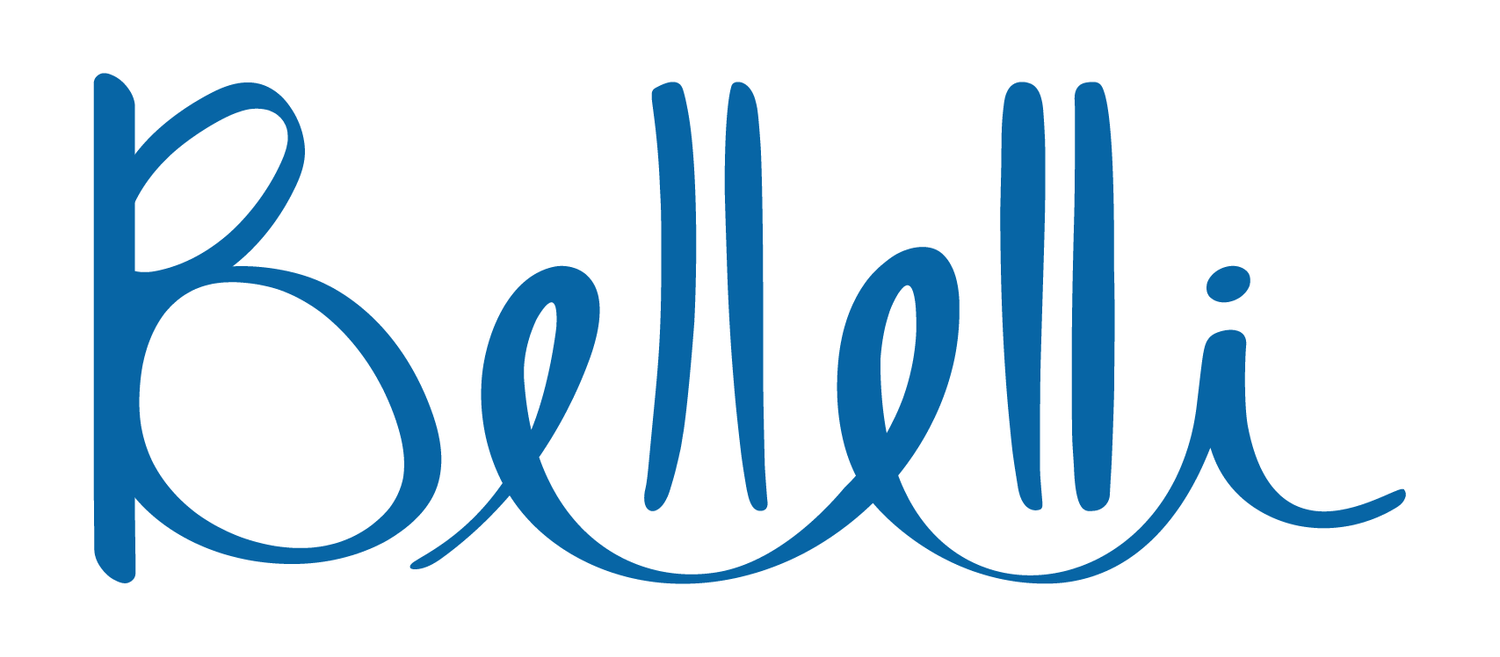A continuación les compartimos una entrevista en inglés realizada a Loris Malaguzzi, fundador del enfoque Reggio Emilia:
Gandini: People often ask what kind of curricular planning if any, you have in Reggio Emilia.
Malaguzzi: No, our schools have not had, nor do they have, a planned curriculum with units and subunits (lesson plans), as the behaviorists would like. These would push our schools toward teaching without learning; we would humiliate the schools and the children by entrusting them to forms, dittos, and handbooks of which publishers are generous distributors. Instead, every year each school delineates a series of related projects, some short range and some long. These themes serve as the main structural supports, but then it is up to the children, the course of events, and the teachers to determine whether the building turns out to be a hut on stilts or an apartment house or whatever.
But, of course, infant-toddler and preprimary teachers do not start off each school year at square one. They have standing behind them a patrimony of talent, knowledge, experiments, research, documentation, and examples showing successes and failures. The teachers follow the children, not plans. The goals are important and will not be lost from sight, but more important are the why and the how of reaching them.
Reconnaissance is a strong word in our vocabulary. Our schools start off with a reconnaissance flight over all the human, environmental, technical, and cultural resources. Then more reconnaissance missions will be made to get a full overview of the situation: within and among schools, to families and advisory councils, to the pedagogical team, and to the town administration and elected officials. Also, teachers do reconnaissance trips through workshops, seminars, and meetings with experts in various fields.
What educators acquire by discussing, proposing, and launching new ideas is not only a set of professional tools, but also a work ethic that gives more value to being part of a group and to having interpersonal solidarity, while at the same time strengthening intellectual autonomy. The support resulting from an itinerant reconnaissance education gives us great strength and help. Its task is to startle and push us along new roads. There is not a better evaluation of our work than this.
Gandini: Children are the ones who shape their school experience rather than being shaped by them. How does this principle influence your choices about what experiences offer to children?
Malaguzzi: the school for young children has to respond to the children: It should be a giant rodeo where they learn how to ride 100 horses, real or imaginary. How to approach a horse, how to stroke it, and how to stay close to it are all aspects of an art that can be learned. If there are rules, children will learn them. If they fall off, they will get back on. If special skills are called for they will watch their more expert contemporaries carefully, and they will even discuss the problem or ask to borrow the adults' experience.
It is true that we do not have planning and curricula. It is not true that we rely on improvisation, which is an enviable skill. We do not rely on chance either, because we are convinced that what we do not yet know can to some extent be anticipated. What we do know is that to be with children is to work one third with certainty and two thirds with uncertainty and the new. The one third that is certain makes us understand and try to understand. We want to study whether learning has its own flux, time, and place; how learning can be organized and encouraged; how situations favorable to learning can be prepared; which skills and cognitive schemes are worth bolstering; how to advance words, graphics, logical thought, body language, symbolic languages, fantasy, narrative, and argumentation; how to play; how to pretend; how friendships form and dissipate; how individual and group identities develop; and how differences and similarities emerge.
Fuente: History, Ideas, and Basic Philosophy. An Interview with Leila Gandini* Loris Malaguzzi
Puede leer aquí cómo es distinto el currículo de Reggio Emilia y el de Montessori.

